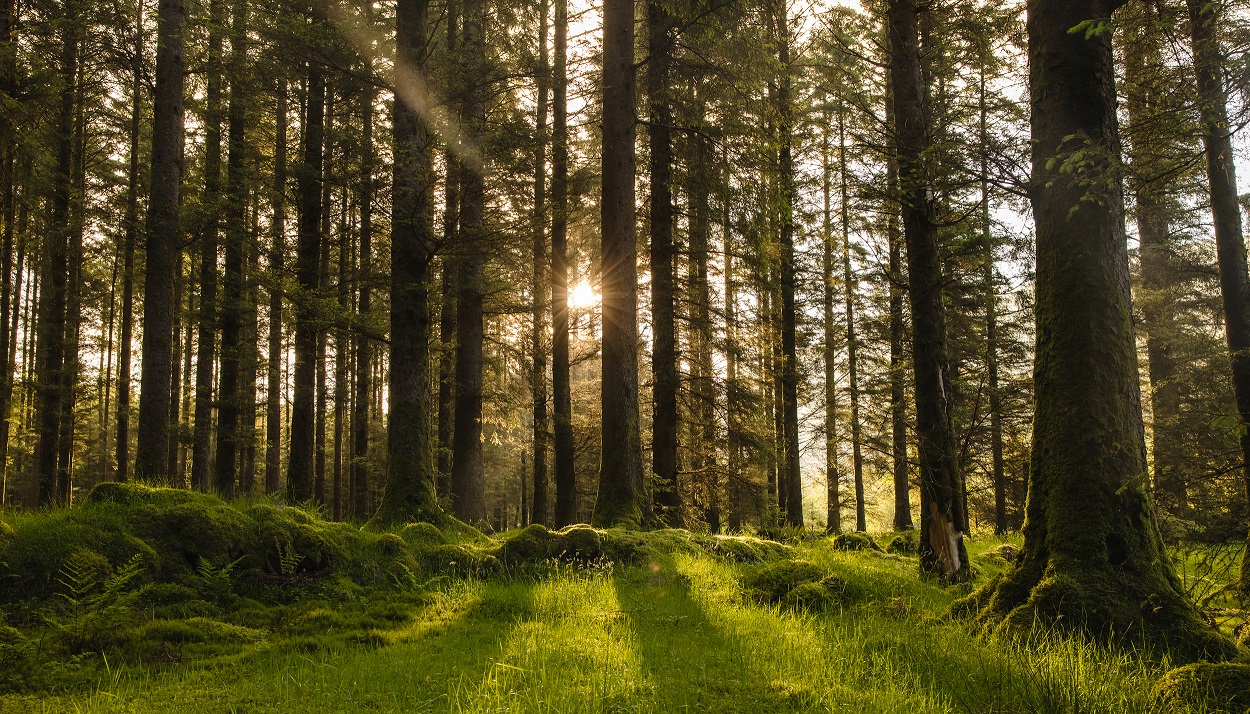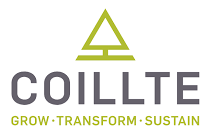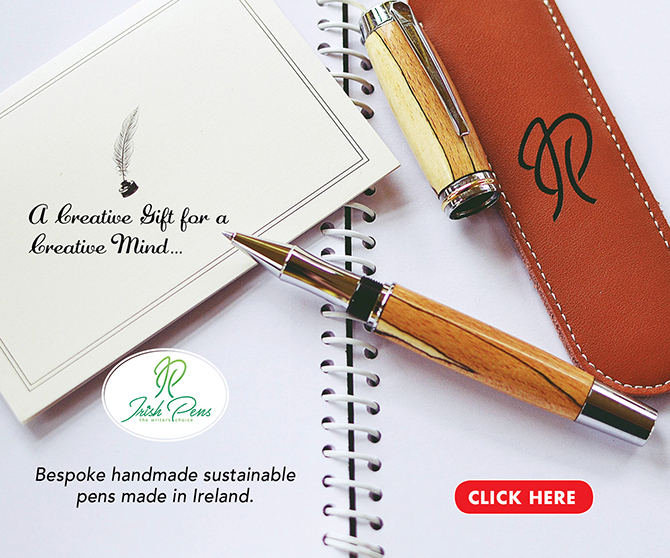
 Coillte‘s forestry strategic vision aims to balance and deliver the multiple benefits of its forests for climate, nature, wood, and people. This is a long-term vision that will see new forests created, existing forests managed for greater carbon capture, enhanced biodiversity, and more recreation spaces for people to enjoy. Coillte also has an ambition to support the creation of new homes by delivering sustainably grown Irish wood products to build low-carbon houses and support the decarbonization of the built environment. In the period up to 2030, Coillte plans to produce 25 million m3 of certified Irish wood to support the delivery of Ireland’s Climate Action Plan, which seeks to cut the embodied carbon emissions for materials produced and used in Ireland by at least 30%. It will also continue to promote the increased use of wood products to raise the level of homegrown wood use in the construction of housing from its current low level of 20% to 80% by 2050.
Coillte‘s forestry strategic vision aims to balance and deliver the multiple benefits of its forests for climate, nature, wood, and people. This is a long-term vision that will see new forests created, existing forests managed for greater carbon capture, enhanced biodiversity, and more recreation spaces for people to enjoy. Coillte also has an ambition to support the creation of new homes by delivering sustainably grown Irish wood products to build low-carbon houses and support the decarbonization of the built environment. In the period up to 2030, Coillte plans to produce 25 million m3 of certified Irish wood to support the delivery of Ireland’s Climate Action Plan, which seeks to cut the embodied carbon emissions for materials produced and used in Ireland by at least 30%. It will also continue to promote the increased use of wood products to raise the level of homegrown wood use in the construction of housing from its current low level of 20% to 80% by 2050.
In Ireland, there is an urgent need for new homes to satisfy demand and we need to transition away from carbon-intensive building materials and move to more low-carbon, sustainable building solutions. This drive to decarbonize can be achieved by increasing the adoption of timber frame for new homes and by unlocking the market for emerging technologies such as mass timber for medium-rise residential and commercial buildings. Wood products have the lowest embodied carbon of any mainstream building materials, a fundamental point now recognized by design practitioners worldwide. Ireland is uniquely positioned to grow quality wood required for construction. Softwood sourced from coniferous trees such as Sitka spruce is the most popular type of wood used for construction due to its ease to work with coupled with the fast growth rate of the trees. In continental Europe a spruce tree may take up to 100 years to reach maturity, while in Ireland it can take as little as 35 years. This gives Ireland a fantastic opportunity to grow construction-grade timber sustainably and quickly, creating a secure and independent homegrown supply while also reducing pressure on old growth forests elsewhere in the world. Using wood in this manner drives the bioeconomy, decarbonizing the construction sector with sustainability at its heart – for every tree harvested, Coillte replants three trees in its place.
To support the increased use of timber, a range of measures are needed including more advanced regulations, standards and statutory guidance that allow the adoption of low-carbon timber building systems whilst ensuring the highest degree of building safety. It is expected that the recently established Interdepartmental and Industry Timber in Construction Steering Group will play a pivotal role in creating a framework to work through the current barriers and allowing this form of construction to become mainstream. Other jurisdictions are already advancing their timber revolution. Ireland needs to transition to a new low-carbon building model to ensure a sustainable future for all.
Visit www.coillte.ie for more information.




